It was once a busy fire station, which heroically battled with all sorts of dangers just to keep safe the city of Manchester, England. It was officially opened in 1906 on a location that had access to four different streets, thus enabling a better response time.
The fashion in which this building is decorated is known as Edwardian Baroque style or Neo-Baroque. It was built using red brick decorated with marvelous terracotta.
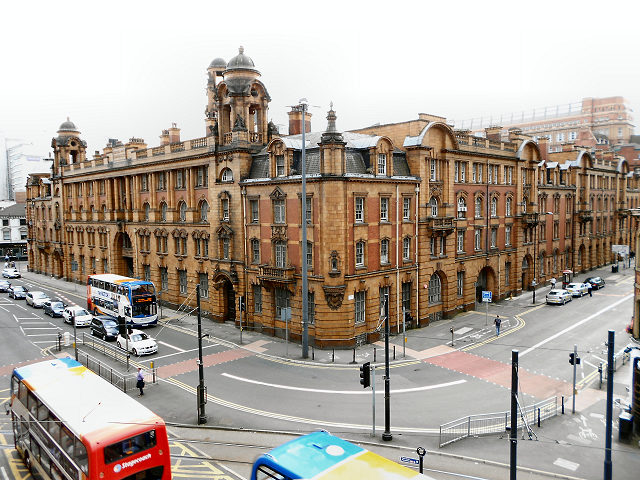
Back in the days, the old fire station known as Jackson’s Row was having trouble keeping up with the requests for its assistance. This is when the watch committee of Manchester in 1897 started to nourish the idea of a new fire station.
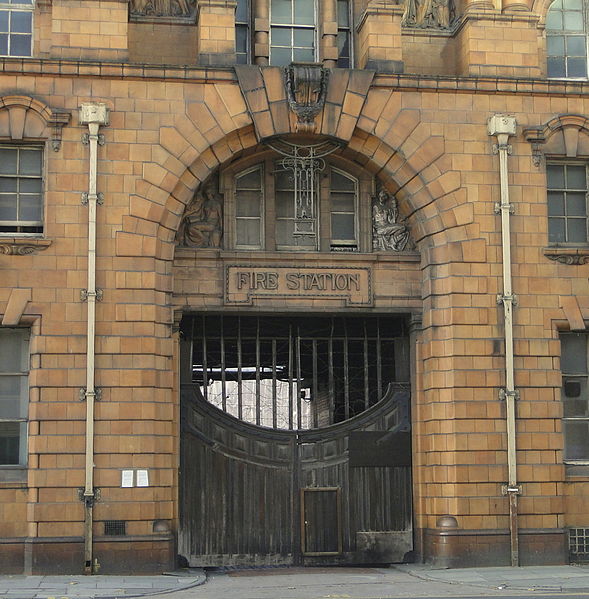
And so for this purpose, a committee comprised of five men was born, who came up with a proposal to build the new facility on Newton Street. What they needed to do now was to pitch this idea to George William Parker, Chief of the Manchester Fire Brigade.
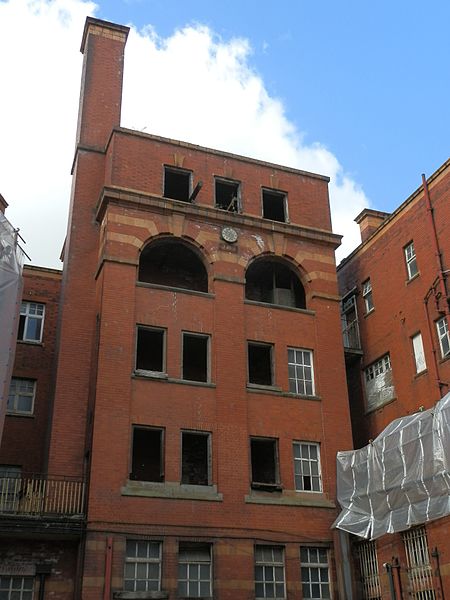
However, Parker did not agree with two things: the location and the size itself. The location was set according to Parker’s preference of London Road.
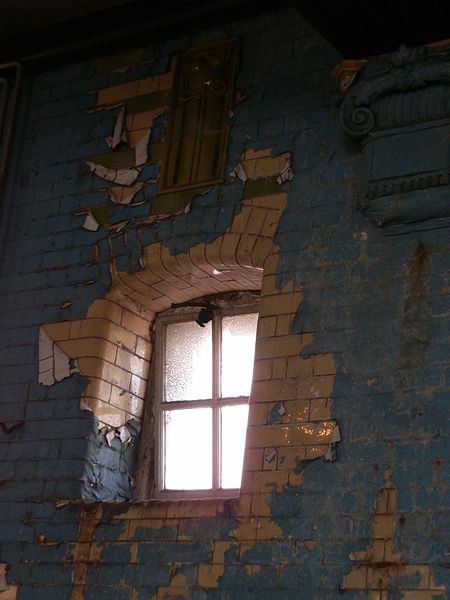
Parker’s idea was twice the size of the committee’s. For the design itself, a competition was held, with prizes of £300, £200 and £100 offered for the first, second and third place. The winning team out of the 30 contenders was made up of three architects – George Harry Willoughby, John Langham and John Henry Woodhouse.
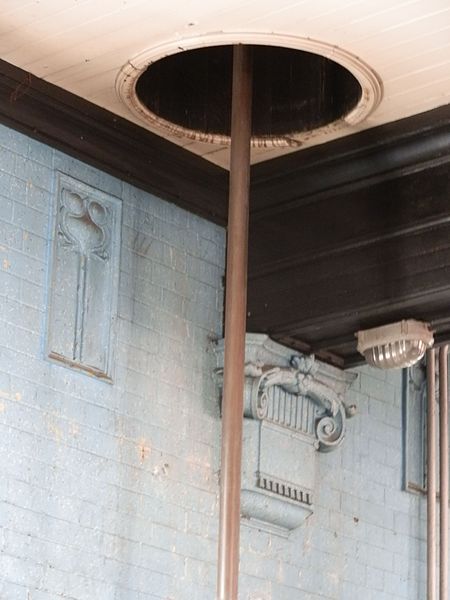
FIRE magazine called it “The finest fire station in this round world”, commenting on the station’s looks even though the construction was yet to begin. This was started in 1904 and lasted two full years until 1906.
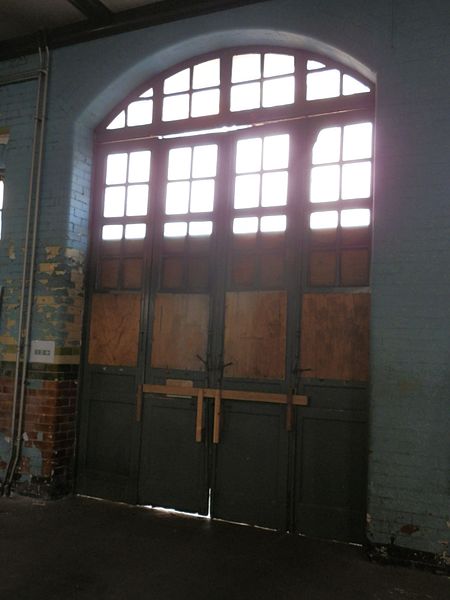
The costs for its constructing was around $21 million, inflation adjusted for 2017. The foundations were constructed by C. H. Normanton and the rest of it was taken care of by Gerrard’s of Swinton. Creation of the red brick façade was done by Burmantofts Pottery, one of finest suppliers of construction material.
It was officially opened on September 27, 1906. But given its size, the building wasn’t just a fire station. Inside there was a police station, an ambulance bay, a bank, a gas meter testing station and a Coroner’s Court. It was designed in a way that offered apartments for 32 of the firemen’s families. The complex also featured a gym and place where the children could play.
No fire station is complete without the poles and the bells which were electric in this new modern building, as were the doors and the lights. Its size was clearly beneficial during World War two when its basement was transformed into an air raid shelter.
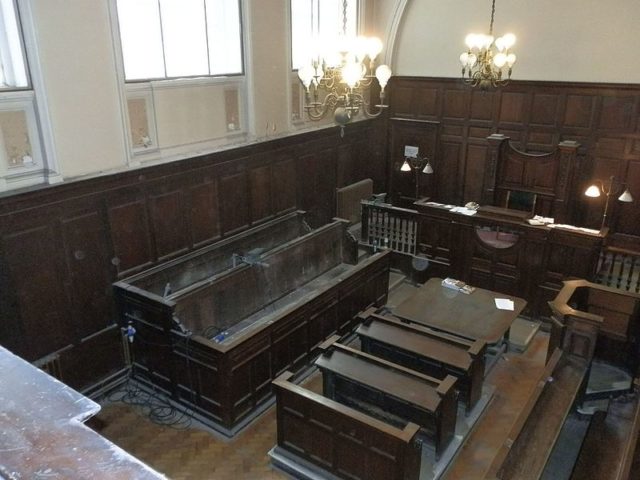
After many years of service, the decline for this station came during the 1960s. What was once a cherished design now proved to be a burden. Its maintenance was getting more and more costly, plus it was not suitable for all for innovations in the fire service.
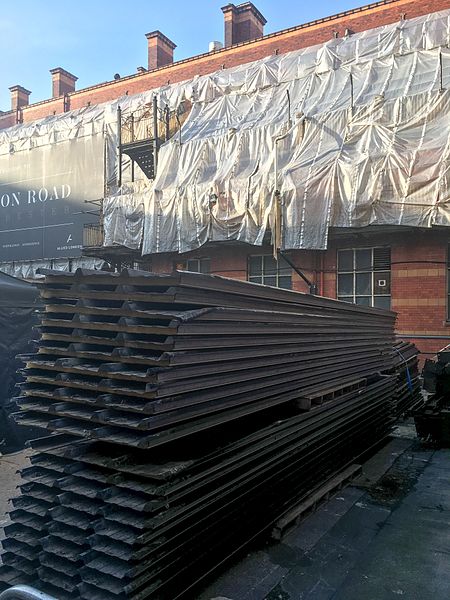
It was officially closed and sold in 1986. Since its closure, it remained vacant for a while and was used as a storage unit. However, it was never allowed for its beauty to diminish. New plans were made for this place and it is currently getting redeveloped. Its renovation will last until 2019 and once refurbished this place will be used as Hotel and spa, together with luxurious restaurants and flats.
